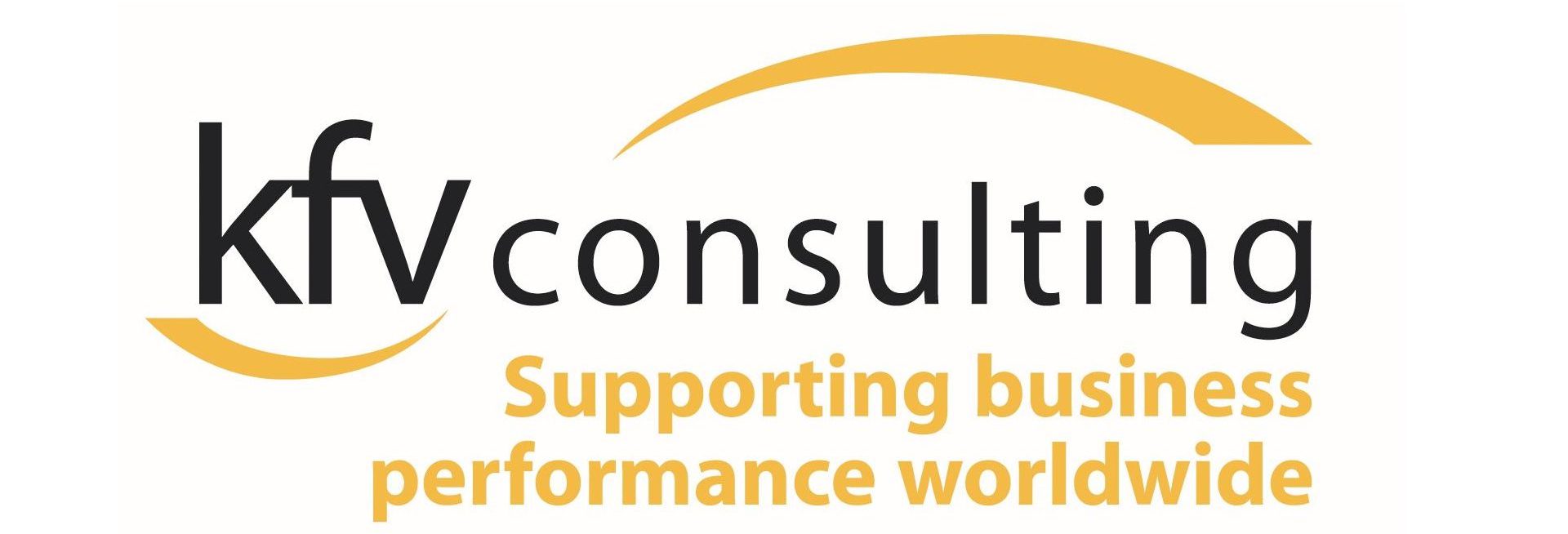A leader is ultimately accountable for growth
Issues covered:
The pandemic is still wreaking havoc. The oil price is dropping alongside the Euro. Threats of war are looming on several fronts.
Everything is changing and the pace is accelerating. Running a business is to constantly manage change from internal restructuring and external forces. Yet the more things change, the more some things stay the same- especially people. You can have the most amazing technological systems, water tight business processes or established ways of doing things but your success will depend on the people who deliver them and the people who lead.
The most basic need is for human beings to belong, to feel part of something bigger than themselves. This is key for leaders. Despite every single innovation and technological change this century, people are still the instruments of change – or the blockers of change. A leader is responsible for growth both externally and internally in any business. We hear a great deal about innovation, new business, client development and so on. We hear less about the internal drivers of growth – the leaders’ responsibility for engaging, stimulating and developing people.
A leader’s job is more than anticipating and navigating change or even defining change. The leader must deliver change by linking an organisation’s purpose – its reason for being – to people’s desire to be part of something bigger than themselves. Leadership is not unilateral. The essence of leadership revolves around others. It is not what leaders accomplish; instead, it is what others achieve. Leadership requires connecting with others.
To be truly effective, a leader must be a guiding example. By demonstrating positive behaviours and actions, leaders will reconfigure an individual’s perceived self-interest into a mutual shared focus. Then this shared interest will also be aligned with the organisation’s common purpose.
Our customers range from construction and energy companies to financial and legal firms throughout the world. In many organisations, the majority of its employees are male. Unsurprisingly, many would rather run a mile than sit around a table discussing their feelings. Yet, the effective businesses are the ones which run two or three day workshops every eighteen months or so, to learn more about understanding themselves and others in their company.
The workshops provide experiential modules which enable delegates to understand their underlying beliefs. They are first motivated to be open and honest about themselves. Subsequently, they are encouraged to share their thoughts and feelings with others on their course. These workshops are usually held in quiet retreats with plenty of opportunity for delegates to get to know each other individually. This in turn leads to heightened self-awareness and greater productivity back in the workplace.
The workshops embed and reinforce the corporate culture – how things are done in the company, how employees manage themselves and others- more firmly within the organisation. The lessons learned are carefully integrated into a business context. A follow-up process is structured and builds into succession planning and individual development procedures.
The ultimate goal is to maintain quality control over the customer contacts that each company’s employees make daily. Nobody can directly supervise so many interactions. The only way to maintain standards is to train employees to carry the company’s culture wherever they go. Their behaviour is then steered by a deeply ingrained belief in a common set of values – principles grounded in teamwork, integrity, courage and commitment.
A central focus of the training is a mirror. (We talk of refection of the leader.) This is a reminder to all employees that they need to look at themselves for guidance. Participants are taught to take ownership for their behaviours and their careers.
In an era of dynamic change, it is essential to remember that the bridge between business purpose and desired outcome is not simply empowering others. It is helping others to empower themselves. Despite every digital device, leadership still requires going back to basics. Leaders need to make emotional connections with others around their human needs. True leadership will enable people to realise their own aspirations. A point that is intellectually simple and emotionally elusive.
This article is correct at August 2020

